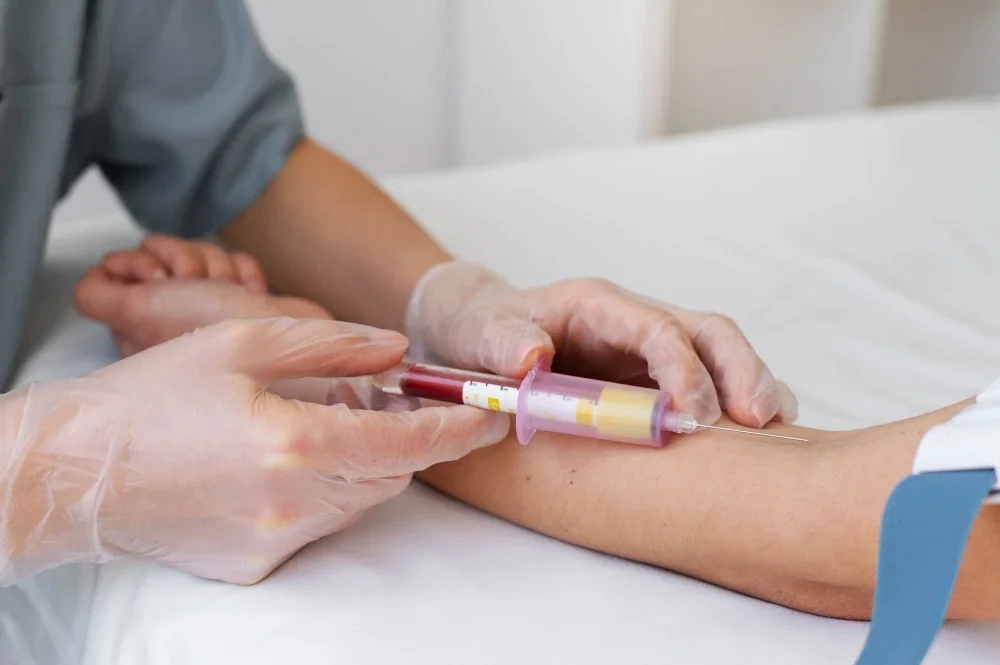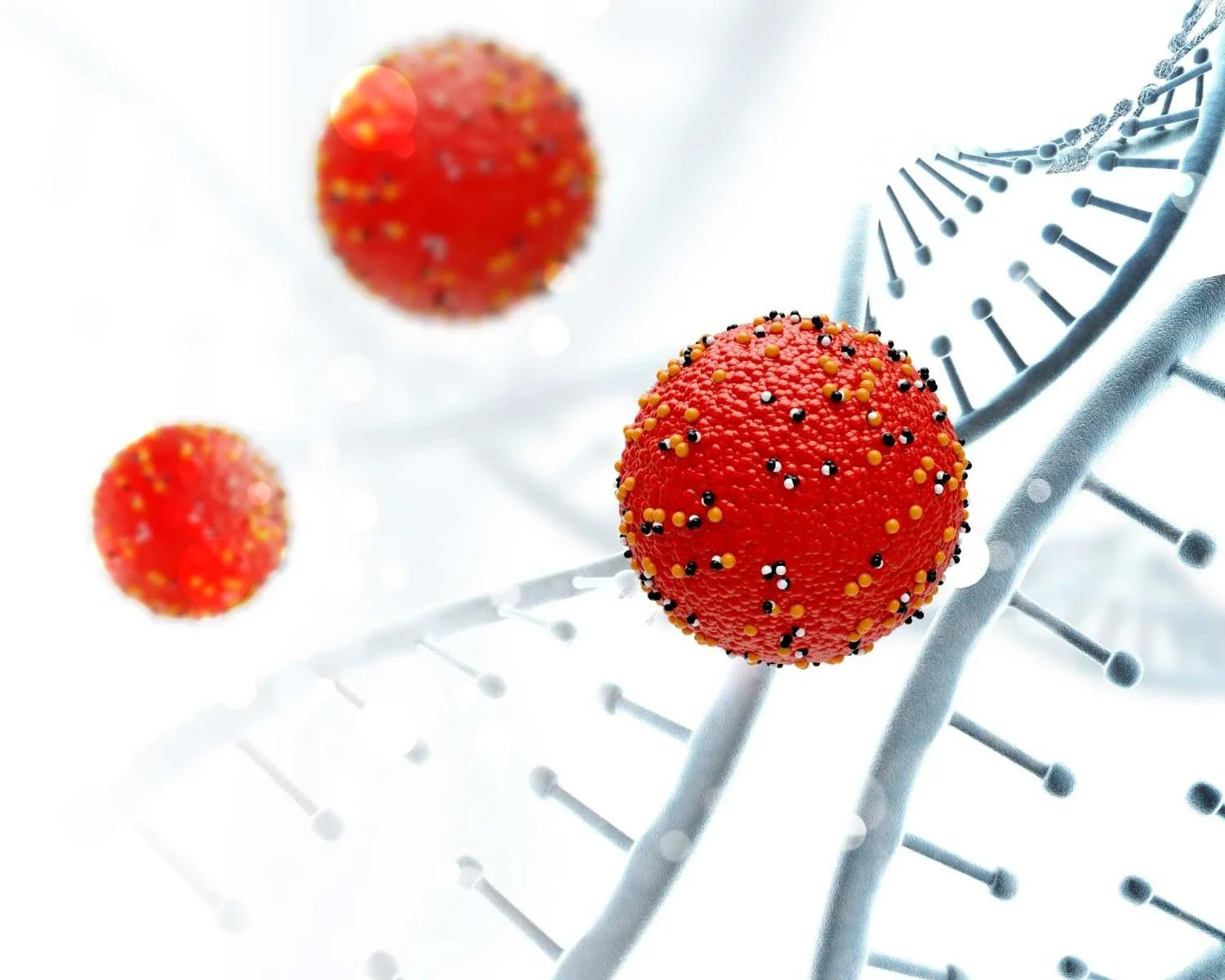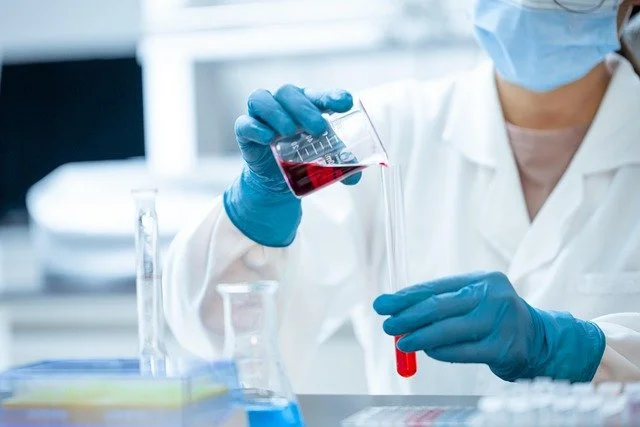Understanding cancer: Symptoms, types, and treatment options.
Cancer is a disease that can affect anyone, regardless of age, gender, or ethnicity. It occurs when abnormal cells in the body begin to grow uncontrollably, forming tumors that can invade nearby tissues and spread to other parts of the body. Cancer can be caused by a variety of factors, including genetic mutations, exposure to harmful substances like tobacco and radiation, and lifestyle choices like a poor diet and lack of exercise. Some people are also more at risk for developing cancer due to their age, family history, or other medical conditions.
Symptoms of Cancer
Cancer can cause a wide range of symptoms, depending on the type and stage of the disease. Some common symptoms include:
Fatigue
Unexplained weight loss
Persistent pain
Persistent cough
Changes in the skin, such as a mole that changes size or color
Difficulty swallowing
Abdominal pain or bloating
Changes in bowel or bladder habits
It is important to note that not all of these symptoms are necessarily a sign of cancer. However, if you experience any of these symptoms, it is important to consult with your doctor for a proper diagnosis.
Types of Cancer
There are many types of cancer, each with its own unique set of symptoms, causes, and treatment options. Some of the most common types of cancer include:
Breast cancer
Lung cancer
Prostate cancer
Colorectal cancer
Skin cancer
Ovarian cancer
Pancreatic cancer
Treatment Options for Cancer
There are several treatment options available for cancer, and the choice of treatment depends on the type and stage of the cancer, as well as the patient's overall health and preferences. Some of the most common treatment options include:
Surgery: Surgery is often used to remove cancerous tumors from the body. Depending on the size and location of the tumor, the surgery may be minimally invasive or more extensive.
Chemotherapy: Chemotherapy involves the use of drugs to kill cancer cells. It can be given orally or through injection, and is often used in combination with other treatments.
Radiation therapy: Radiation therapy uses high-energy rays to kill cancer cells. It can be given externally or internally, depending on the type of cancer and its location in the body.
Immunotherapy: Immunotherapy is a newer form of cancer treatment that uses the body's own immune system to fight cancer. It involves the use of drugs that help the immune system recognize and attack cancer cells.
In addition to these treatments, we also offer supportive care services to help patients manage the side effects of cancer treatment, such as nausea, fatigue, and pain.
Conclusion
Cancer is a complex disease that requires specialized care and treatment. At JIET Hospital, we are committed to providing the highest level of care to our patients, from diagnosis to treatment and beyond. If you are experiencing symptoms of cancer, or have been diagnosed with the disease, please don't hesitate to contact us for a consultation. Our team of cancer specialists is here to help you through every step of your cancer journey. With early detection and the right treatment, cancer can be beat.






